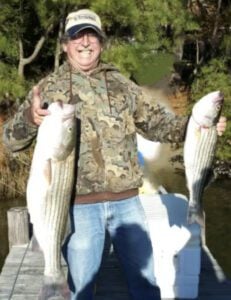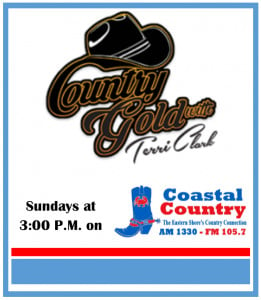Shore Daily News Headlines

Shore United Bank closing local branch
Apr. 24, 2024 | Daily News Headlines
ES Boys and Girls Club to hold Summer Programs
Apr. 24, 2024 | Daily News Headlines
Multiple cases tried in Northampton Circuit Court Monday
Apr. 23, 2024 | Daily News Headlines
Eastern Shore Regional Science Fair a success
Apr. 23, 2024 | Daily News Headlines
Kiggans on aid for Ukraine, Israel & Taiwan: “I Refuse to Sit By as the World Implodes”
Apr. 23, 2024 | Daily News Headlines
‘A big day for Bloxom, Guilford and Parksley’; Lewis invested as Circuit Court Judge
Apr. 22, 2024 | Daily News HeadlinesLocal Sports

ESYCC to offer Summer camps
Apr. 24, 2024 | Local Sports
Northampton Tennis defeats Middlesex
Apr. 23, 2024 | Local Sports
Monday night baseball and softball update
Apr. 23, 2024 | Local Sports
Arcadia, Northampton, and Nandua compete in the Ken Lampert Invitational at Norfolk Academy on Saturday
Apr. 22, 2024 | Local Sports
Weekly soccer scores
Apr. 22, 2024 | Local Sports
Friday afternoon sports update
Apr. 20, 2024 | Local SportsObituaries

Elder Mary Frances Anderson of Princess Anne
Apr. 24, 2024 | Obituaries
Wayne Lewis Boggs of Painter
Apr. 24, 2024 | Obituaries
Mr. Arele Williams of Atlantic
Apr. 24, 2024 | Obituaries
Mr. Terrell Thomas of New Church
Apr. 24, 2024 | Obituaries
Bugsy Boggs of Parksley
Apr. 24, 2024 | Obituaries
















